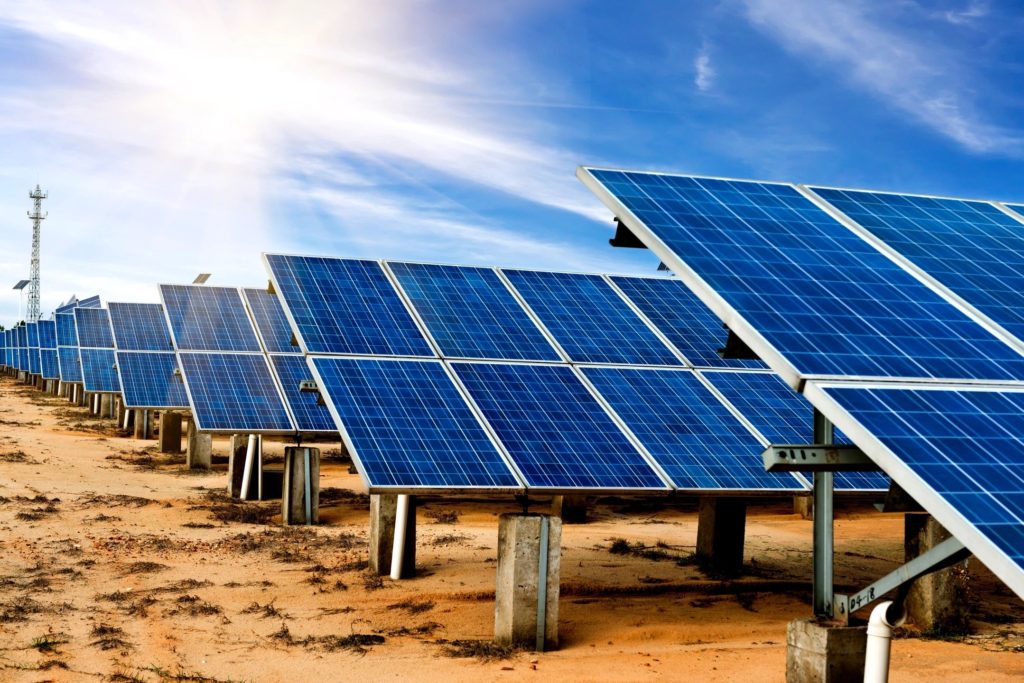The Republican-led Virginia General Assembly continues to move forward with the Grid Security and Transformation Act, with Delegate Terry Kilgore (R-01) boosting the amount of money returned to ratepayers from $133 million to $175 million. From Gregory Schneider at the Washington Post:
Del. Terry Kilgore (R-Scott) revamped his re-regulation bill on Tuesday. He bumped up the amount Dominion would return to ratepayers — to $175 million from about $130 million — and extended the period of time that would be subject to review when the SCC resumes its oversight.
. . .
“We think the bill that’s in front of you has answered the questions the commission has raised,” Dominion lobbyist Jack Rust told a House subcommittee on Tuesday. “We think it gives us an opportunity to bring the grid into the 21st century without raising rates, and we think this is something very positive for Virginia.”
Robert Zullo over at the Richmond Times-Dispatch narrows down the debate concisely:
Dominion and its allied lawmakers are pushing a “reinvestment” model that subtracts money the utility spends on upgrading the grid to better accommodate renewable energy and guard against storm outages, among other projects, from its earnings for the purpose of determining base rates and customer refunds.
Opponents, including a bipartisan group of delegates and senators who enlisted the commission to decipher and report back on the dense legislation, want a more straightforward repeal of the rate freeze or are pushing for more renewable energy and consumer protections in the utility-backed package.
…and by “allied lawmakers” we mean the vast majority of the Virginia General Assembly, including both the governor’s office and Democratic Attorney General Mark Herring.
Of course, opponents are apoplectic, if for no other reason than groups such as the Sierra Club are funded by outside parties committed to raising energy costs, as detailed in a six-page memorandum by House SST Chairman Lamar Smith in 2017.
However, the real debate is infrastructure — effectively whether the State Corporation Commission and the Virginia General Assembly intend to ask Dominion Energy and Appalachian Energy to punt on critical energy infrastructure improvements critical to developing a cheaper, safer, and more reliable energy grid for Virginia’s economic renaissance.
There is literally nothing else to discuss but details. The Virginia General Assembly wants better energy infrastructure and affordable energy costs. Dominion Energy and its sister firm want better energy infrastructure in order to provide competitive energy costs. Virginia’s economy wants competitive energy costs and doesn’t quite care how it gets there — so long as the lights turn on after a hurricane or ice storm.
Governor Northam has created a commission of non-legislators to discuss and hash out best practices. Yet one doubts that this commission will do more than address some of the minor details rather than the substance of the legislation itself.
All the players on both sides know that Virginia’s energy infrastructure needs to be upgraded in order to make the Port of Virginia a truly international port of call — with 11% of Virginia’s state budget being tied into the activity of the port.
Should that activity go elsewhere — New York, Baltimore, or Wilmington — because the Hampton Roads energy grid is operating at 97% capacity and has to resort to firing up an outdated coal plant during peak hours? Virginia businesses and the Virginia taxpayer will bear the added burden of increased taxes for education, roads, deputies and Medicaid.
In short, that’s why the Atlantic Coast Pipeline is limited to domestic use, precisely because Virginia needs good, clean affordable energy to develop the Golden Crescent into a 21st century commercial hub.
The Grid Security and Transformation Act is a good deal that has cheerleaders and improvements for all the smart reasons. The details may very well be important, but the encouraging news that energy reform and ratepayer relief is on its way should be a clear sign that Virginia’s economy is ready for business.

